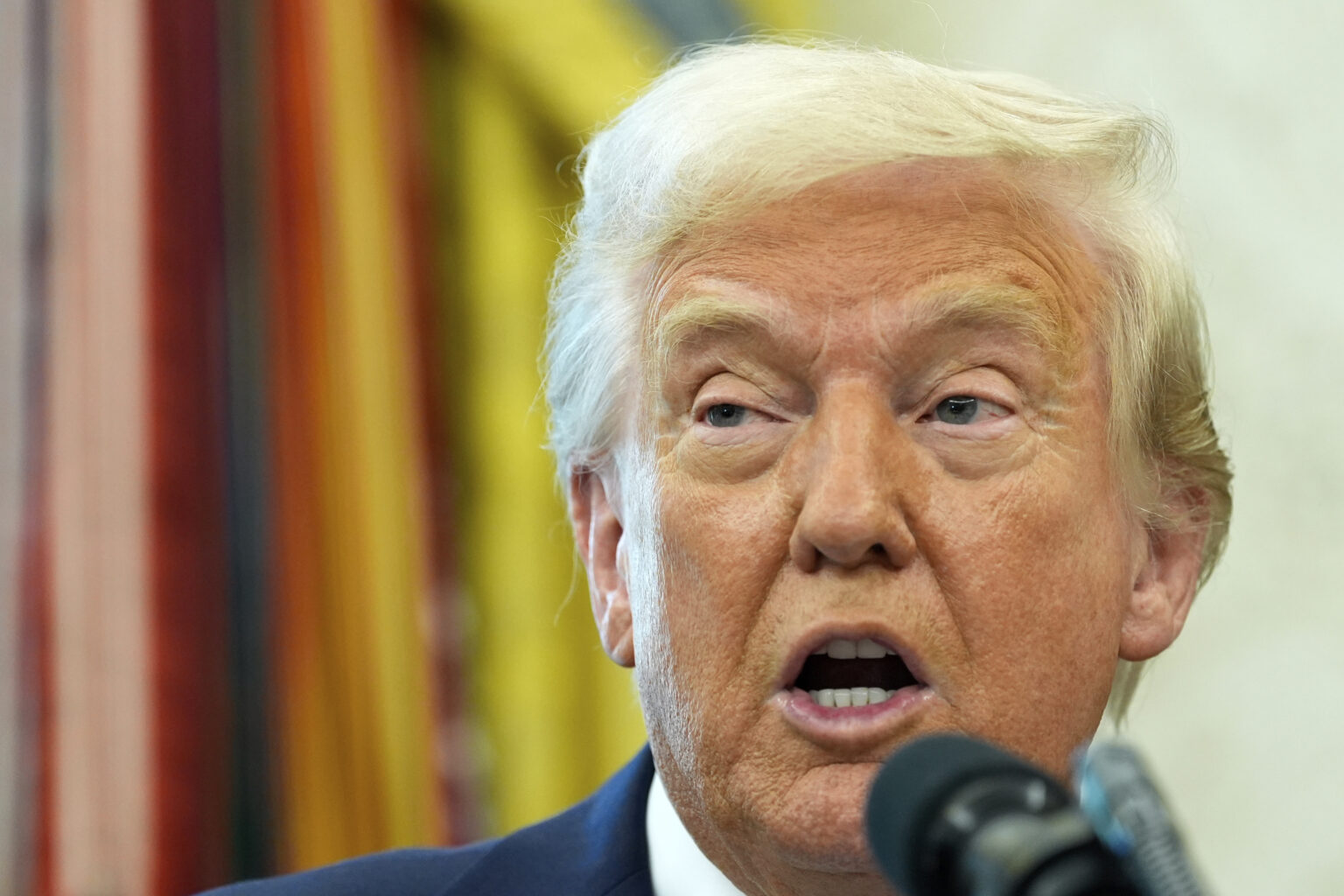The Trump administration on Tuesday sent a cache of documents to U.S. District Judge Paula Xinis after the Maryland judge issued a scathing eight-page order accusing federal officials of willfully defying her instructions in a case involving a man wrongly deported to El Salvador.
Why It Matters
The case centers on Kilmar Abrego Garcia, a 29-year-old Maryland resident who was deported last month to El Salvador despite an earlier court order halting his removal. Abrego Garcia was arrested in 2019 and accused of being a member of the MS-13 gang, which the Trump administration has designated a foreign terrorist organization.
He denied being a member of the gang, but two judges, in separate rulings, concluded that he was an MS-13 member, based on confidential information provided to the court. He was shielded from deportation to his homeland because he said that MS-13’s gangland rivals would target him.
Abrego Garcia was deported anyway to El Salvador after being arrested last month in what the Trump administration lawyers said was an “administrative error.” His family denies any ties to gangs, and Abrego Garcia has no criminal record in the United States, though his wife accused him of domestic violence and obtained a restraining order against him. She now says they have been reconciled.
Trump campaigned on a hard-line immigration stance, pledging to carry out the largest mass deportation in U.S. history. In the initial months of his presidency, his administration has deported around 100,000 illegal immigrants, many following his invocation of the Alien Enemies Act of 1798, which grants the president authority to deport non-citizens without appearing before a judge, among other wartime authorities.
What To Know
In her order, Judge Xinis accused the Justice Department of engaging in a “willful and bad faith refusal to comply” with discovery obligations and criticized its repeated use of vague national security claims to shield itself from scrutiny.
“That ends now,” she wrote.
She also dismissed as “specious” the administration’s attempts to evade providing information about how Abrego Garcia ended up in a Salvadoran prison by claiming that it amounted to privileged state secrets.
The forceful rebuke came after administration lawyers failed to adequately answer a list of 15 questions and document requests submitted by Abrego Garcia’s legal team—questions aimed at determining what, if anything, the White House has done to secure his release from Salvadoran custody.
Three courts, including the Supreme Court and the federal appeals court that oversees Judge Xinis, have now told the Trump administration to “facilitate” the release of Abrego Garcia, but the White House has resisted these efforts.
On Tuesday, the Justice Department filed court papers in which department lawyers said that they were refusing to answer questions about the case because they were based on the “false premise that the United States can or has been ordered to facilitate Abrego Garcia’s release from custody in El Salvador.”
They also insisted the U.S. had no authority over Abrego Garcia once he was turned over to Salvadoran custody.
“Upon Abrego Garcia’s repatriation to El Salvador, his detention was no longer a matter of the United States’ confinement,” the department lawyers wrote, “but a matter belonging to the government of El Salvador — which has been explained to the plaintiffs repeatedly.”
In response, Abrego Garcia’s lawyers wrote to Judge Xinis that “the government responded to plaintiffs’ discovery requests by producing nothing of substance.”
In their letter, the lawyers asked Judge Xinis to hold a hearing as early as 1 p.m. on Wednesday to discuss how to proceed with what they described as the “government’s failure to comply with this court’s orders.”
What People Are Saying
Judge Xinis wrote: “For weeks, defendants have sought refuge behind vague and unsubstantiated assertions of privilege, using them as a shield to obstruct discovery and evade compliance with this court’s orders. Defendants have known, at least since last week, that this court requires specific legal and factual showings to support any claim of privilege. Yet they have continued to rely on boilerplate assertions. That ends now.”
What Happens Next
The government now has until 6 p.m. on Wednesday to hand over all requested information or risk losing its claims of privilege.
Read the full article here

